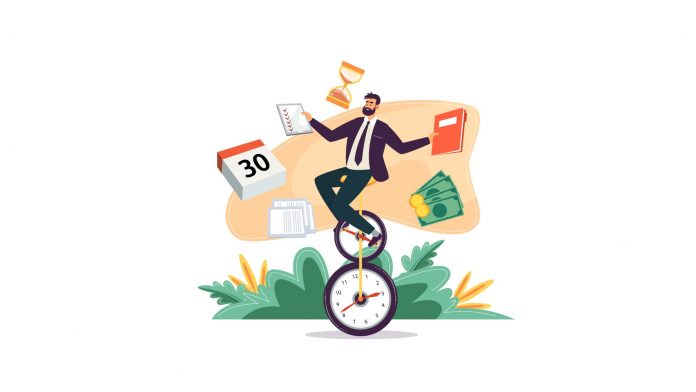What is the reason which makes some individuals turn into world-class leaders, performers and change-makers, while others lead an ordinary insignificant life? It is often seen that the leaders of the world often take time off from their busy schedules to invest in leisure activities. This small break results in them gaining more knowledge, energy and creativity in the long run. Thus, it may seem like the achievements for one day are less, but the payoff in the long-term is exponentially big! This is known as Time Compounding. Just like compound interest, time compounding helps in small investments yielding large returns over a long period of time.
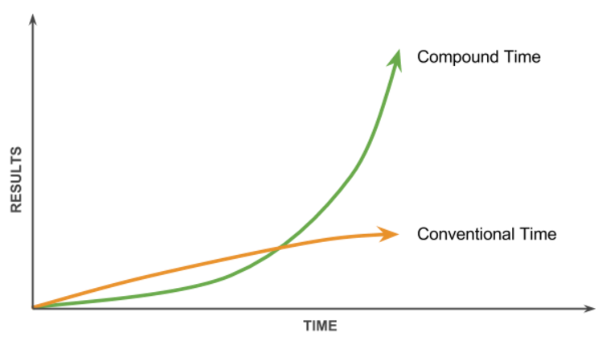
Mr Warren Buffet is an American business tycoon, investor, speaker and philanthropist who serves as the chairman and CEO of Berkshire Hathaway. Yet, he isn’t as busy as you would assume him to be. He himself has noted that he spends 80% of this time either reading or thinking. Buffet’s business partner of 40 years, Mr Charlie Munger, once remarked that the only thing Buffet had scheduled for an entire week was getting a haircut and that most of his weeks were similar. This is quite opposite and unexpected for most individuals, who are struggling to meet deadlines and overworked with meetings and other tasks. So, we shall share with you six important t
Table of Contents
Time Compounding Tips:
1. Write to learn
These world leaders do not limit themselves with just open-ended thoughts. They combine them and put it down in a physical journal. Benjamin Franklin would write down every morning what good deed he would do for the day. Similarly, every night he would jot down, what good deed he d=had done that day, in his journal. Steve Jobs would ask himself each day, “If today were the last day of my life, would I want to do what I am about to do?” Leonardo da Vinci had innumerable sketches and musings of art, inventions, observations and ideas, all over his notebooks. Alert Einstein had written down 80,000 pages worth of notes and remarks in his life. Former US President, John Adams, had kept over 51 journals in his lifetime.
It is often seen that penning down your thoughts, plans and experiences make your mind clearer and more focused. This is known as “writing to learn”. Keeping a journal brings order and meaning to our experiences. This serves as an important step for higher knowledge and discovery. It also helps in our ability to think on complex and advanced subjects with many correlated things, since our brau=in can only manage to process three thoughts at a time. A review of hundreds of studies on “writing to learn” proved that this habit also helps with metacognitive thinking, which translates to the awareness of our own thoughts. Metacognition is the key to great performance.
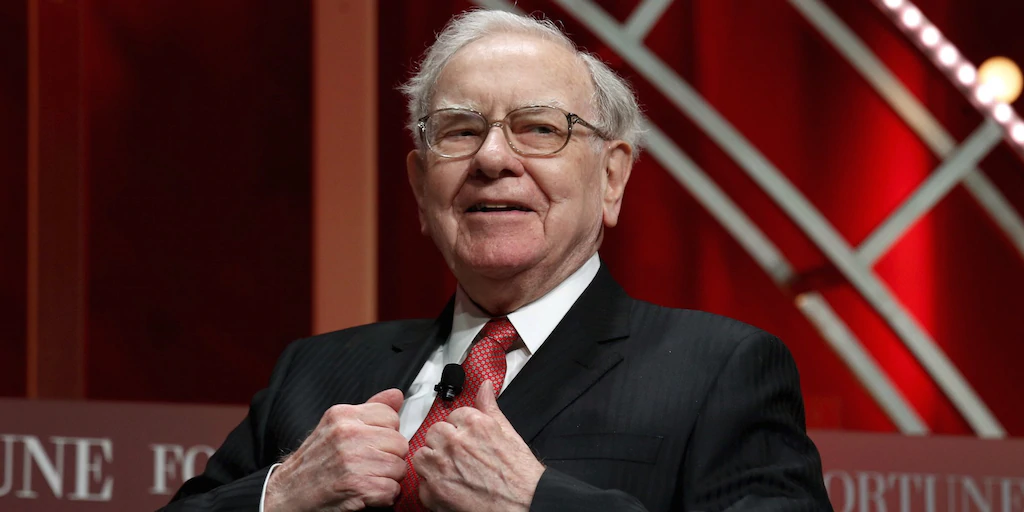
2. Naps help increase memory, awareness, creativity and productivity
According to a study by the University of California, people who study in the morning perform 30% better for an evening test if they take an hour-long nap during the day, compared to those who do not nap. Albert Einstein would return home from teaching at Princeton every day at 1.30pm, and proceed to have lunch and then a nap. He then had a cup of tea post-nap to continue the rest of his day. Thomas Edison was known to nap for up to three hours every day. Winston Churchill would consider his late afternoon naps as non-negotiable. John F Kennedy would nap one to two hours each day. Leonardo da Vinci would take up to a dozen 10 minute naps day. Thus, modern science confirms that napping results in individuals being more productive as well as creative.
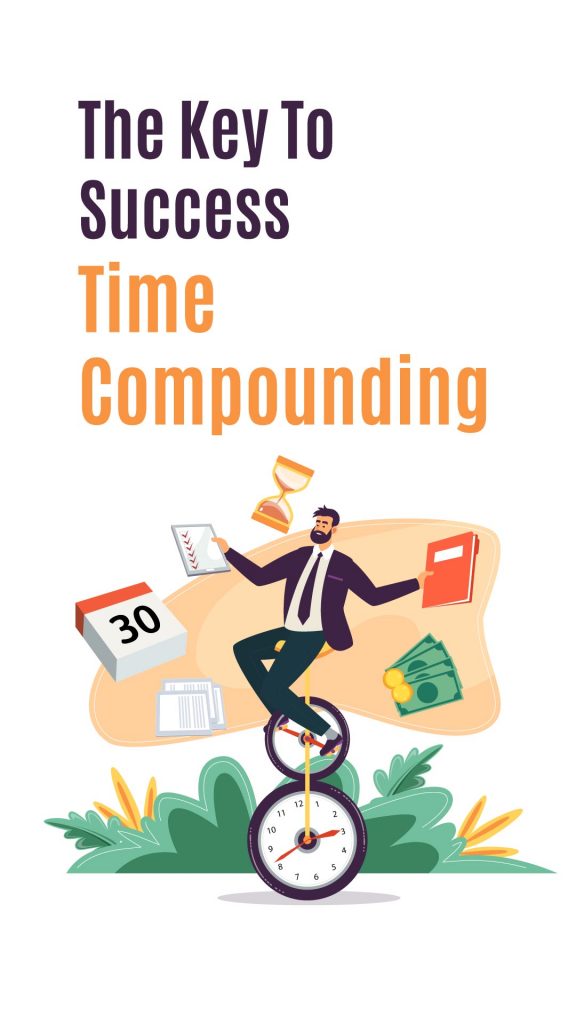
3. Exercise – Only 15 minutes of walking per day can work wonders
Successful individuals make it a priority to exercise each day. Walking is the most common form of exercise. Charles Darwin would go for two walks every day, one at noon and one post-lunch at 4 pm. Beethoven took long walks while carrying music paper sheets and pencils to record his musical thought while walking. Mahatma Gandhi would go on a long walk each day. We also have scientific research backing this idea that taking a walk refreshes one’s mind and body. It also increases their productivity and can even extend one’s life expectancy.

4. Reading is one of the most beneficial activities
No matter the circumstances, we can access the world’s richest person, Mr Bill Gates, favourite learning tool, which is books! Successful people in all fields make reading books an important tool for learning. Elon Musk read two books a day as a young boy. Mark Zuckerberg reads a book every two weeks. Jeff Bezos had read hundreds of science fiction novels before he turned 13. Bob Iger, Disney CEO, wakes up every morning at 4.30 am to read. Reading helps in improving memory, increases empathy and decreases stress. Books have the ability to compress a lifetime’s worth of someone’s most impactful knowledge into a format that needs just a few hours of your time. Books are the ultimate ROI.
5. Conversation partners lead to surprising breakthroughs
According to the author of Powers of Two, Joshua Shenk, the foundation of creativity is social, not individual. His book reviews the academic research on the importance of creative duos for innovations, such as the pairings of Marie Curie and Pierre Curie, Steve Jobs and Steve Wozniak and JRR Tolkien and C S Lewis. It is seen that great individuals share their thoughts with large groups and work in either groups or pairs. A good conversation partner or group helps one to progress more.
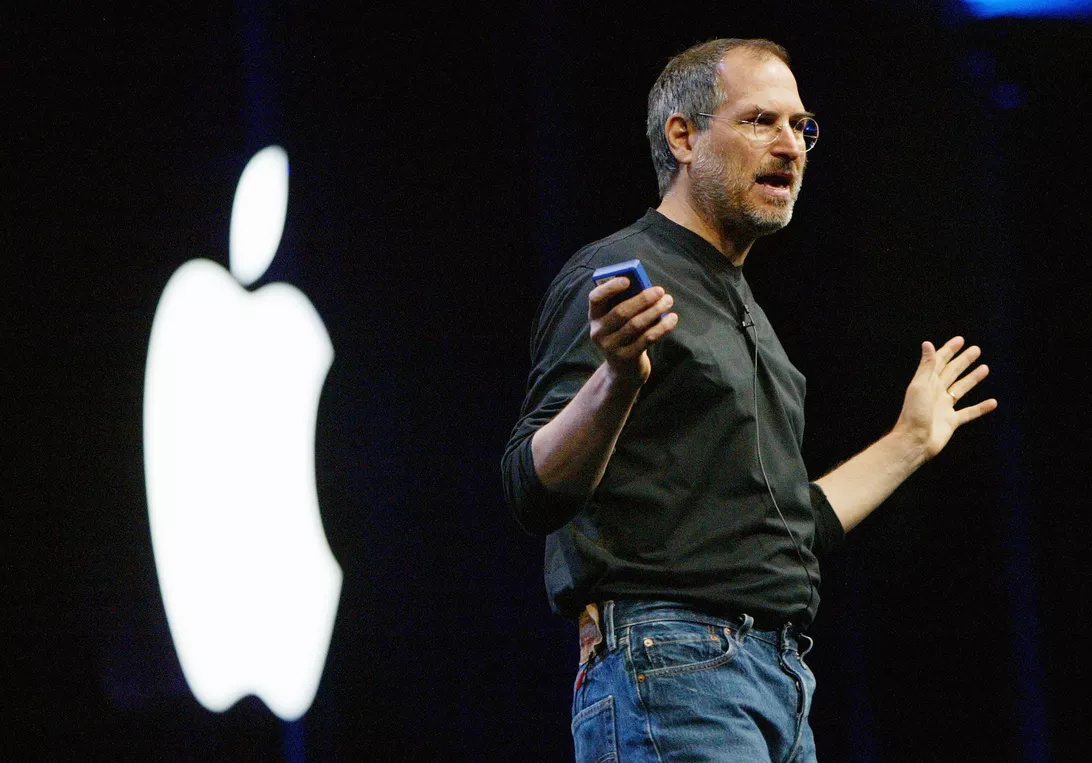
6. Success is a direct result of the number of experiments you perform
Jeff Bezos says, “Our success at Amazon is a function of how many experiments we do per year, per month, per week, per day…” In a recent SEC filing, he explains why:
Given a ten per cent chance of a 100 times payoff, you should take that bet every time. But you’re still going to be wrong nine times out of ten. We all know that if you swing for the fences, you’re going to strike out a lot, but you’re also going to hit some home runs. The difference between baseball and business, however, is that baseball has a truncated outcome distribution. When you swing, no matter how well you connect with the ball, the most runs you can get is four. In business, every once in a while, when you step up to the plate, you can score 1,000 runs.
Hence, one big winner pays for all of the losing experiments. Trying and making mistakes is a part of the journey to great success. Thomas Edison did over 50,000 failed experiments to invent the alkaline storage battery and 9,000 failed experiments to perfect the light bulb. At the time of his death, he had close to 1,100 US patents.
Stand-up comedian and actor, Chris Rock, said that he practised for his large big venue shows by doing smaller shows at small clubs. This way he can try out new material and perfect his jokes before performing them in front of a big audience.
As Ralph Waldo Emerson said, “All life is an experiment. The more experiments you make, the better.” So, don’t be afraid of trying new things, because you don’t know which one of them will hit the big home run!

Go Ahead, Take That Hour Now
In today’s world where everyone is running the race to success, one should slow down, work less, learn more and think long-term. The future is heading towards artificial intelligence so we as humans need to unleash our creativity to achieve more. And this can be done by working less and not more, as assumed. One might say that time compounding is easy for people like Warren Buffet and Bill Gates. But they were not born successful people. They started from scratch and build their empires. Which, by the way, is the key lesson we should take from their journey.
The life of time compounding may not come easily to you. Time compounding takes time to learn and unlearn the already set routines. But time compounding can only happen once you believe that a life of less work yet more achievements is possible. Time compounding helps you focus on your strengths and passions.
To start the practice of time compounding, you can follow the 5-hour rule. This entails investing an hour a day in taking a nap, enjoying a walk, reading a book or having a conversation. At
Watch our video on time compounding below.
Another interesting read: Soft skills to get a high salary job.
Join the LLA telegram group for frequent updates and documents.
Download the telegram group and search ‘Labour Law Advisor’ or follow the link –t.me/JoinLLA.
It’s FREE!

